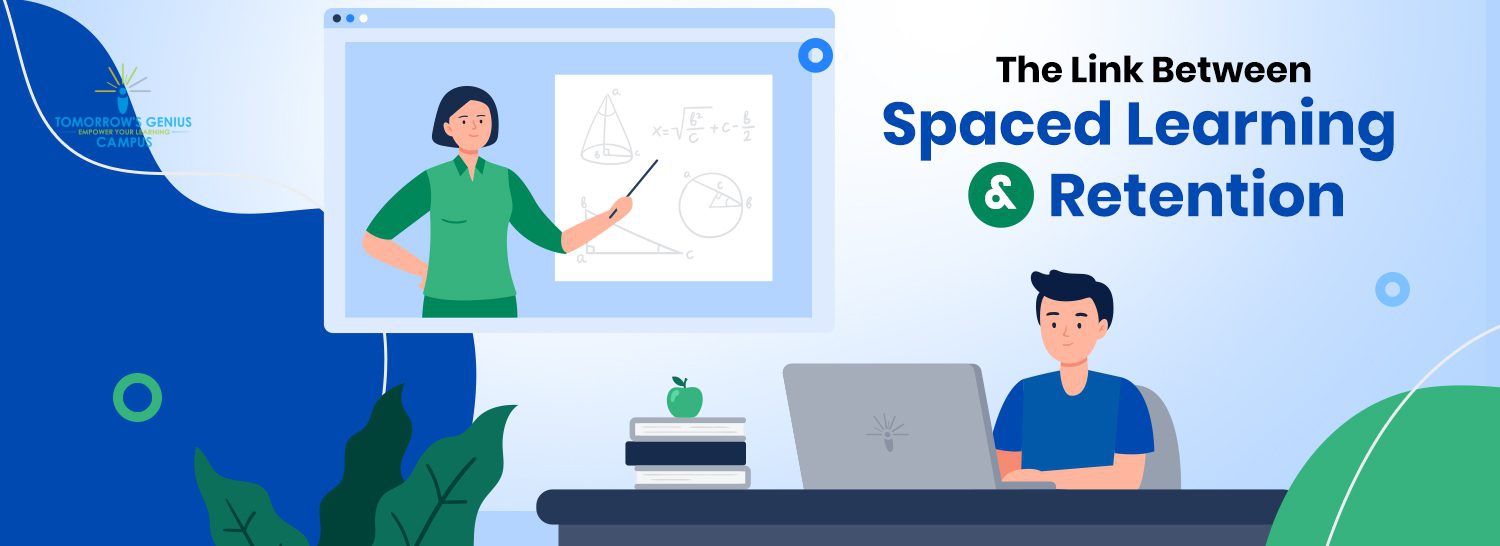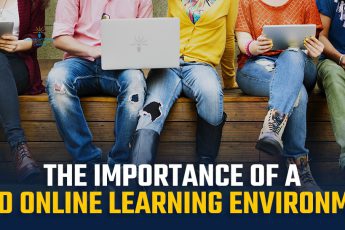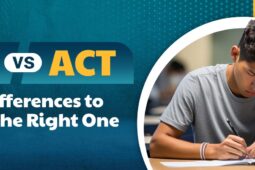The Link Between Spaced Learning and Retention
Online platforms helped education continue after schools and colleges shut their doors. Over the last year, it became clear that educators need to make online learning more accessible to students. They must try various types of online learning strategies, like spaced learning, to create engaging courses. Studies prove a strong link between spaced learning and retention. Let’s take a look at how spaced learning can boost student performance.
Understanding the Link Between Spaced Learning and Retention
Whenever we get exposed to new information, we tend to put it in our temporary storage. If we never revisit that information, we will likely forget it. Spaced learning requires learners to look at old information again after short intervals. By doing this, they commit the information to their long-term memory.
For this method to work, learning sessions should be short with well-planned breaks between classes. Whenever possible, students must apply and engage with the content for better understanding. Repetitive exposure to the content in various formats helps boost retention.
Benefits of Spaced Learning
Makes Learning Quicker
Spaced learning relies on short and quick sessions to get the information across. With shorter classes, learners find it easier to juggle their online course and other responsibilities.
Improves Retention and Recall
 Spaced learning helps beat the forgetting curve by presenting the same information in different ways over time. Every time a learner gets exposed to the topic, they can understand and absorb more. So, they are more likely to remember the information later.
Spaced learning helps beat the forgetting curve by presenting the same information in different ways over time. Every time a learner gets exposed to the topic, they can understand and absorb more. So, they are more likely to remember the information later.
Real-World Connections
With spaced learning, educators use many different techniques to engage learners. They often use workshops, simulations and role-play activities. These help learners apply their knowledge in the real world.
Incorporating Spaced Learning into Your Online Learning Classes
Follow the Right Structure
 For spaced learning, the rule is to present a five-minute learning activity followed by a ten-minute break. Then, repeat the schedule twice. For example, you can provide learners with a short, five-minute video on your topic. After a quick ten-minute break, you could have a five-minute role-play activity. For the final five minutes of learning, you could use a short multiple-choice quiz to test your learner’s memory and recall.
For spaced learning, the rule is to present a five-minute learning activity followed by a ten-minute break. Then, repeat the schedule twice. For example, you can provide learners with a short, five-minute video on your topic. After a quick ten-minute break, you could have a five-minute role-play activity. For the final five minutes of learning, you could use a short multiple-choice quiz to test your learner’s memory and recall.
Use Creative Repetition
In spaced learning, you cannot rely on repetition alone. Even the most engaging video will get boring after the third time. For content that directly relates to your S.M.A.R.T. online learning goals, you need to try new things. After showcasing the video, perhaps you can use an infographic to teach the same lesson.
To incorporate spaced learning into your online learning course, you can register with TG Campus. Our cutting-edge platform supports multiple media formats. So, you can use various resources to create repetitive content. Additionally, we have robust testing and analytics tools. You can use them to understand each learner’s progress and make changes to your course accordingly. With TG Campus, you can build engaging lessons that boost retention.














